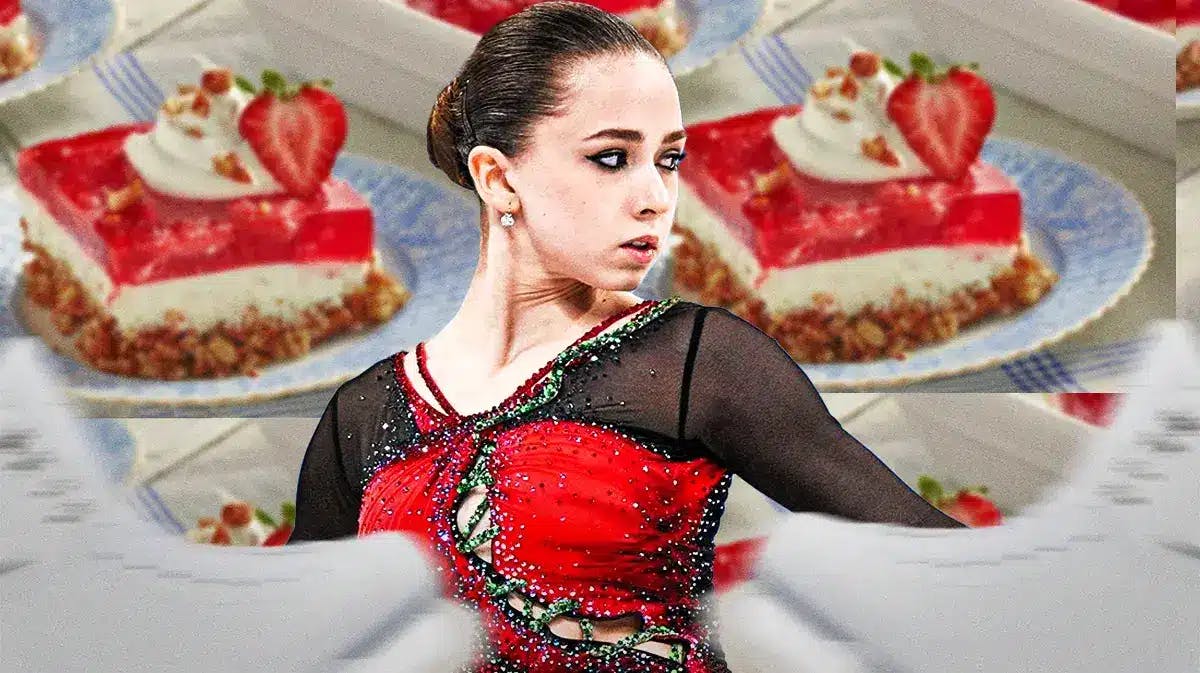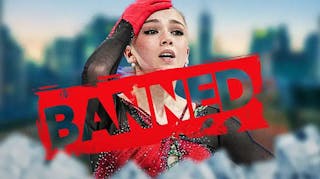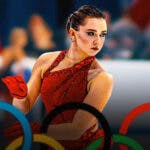The Court of Arbitration for Sport imposed a four-year ban on Russian figure skater Kamila Valieva over a doping violation, rejecting her defense that the positive test was caused by accidental contamination from her grandfather's heart medication via a strawberry dessert.
The detailed ruling, spanning 129 pages and referencing the word “strawberry” 43 times, highlighted the court's skepticism towards the evidence presented by Valieva's legal team. The CAS judges were asked to believe that Valieva's grandfather “accidentally dropped a pill into the dessert while he was preparing it or because there were crushed residues of a [trimetazidine] tablet on the chopping board he used to prepare the dessert.”
The appeal from Valieva relied heavily on her grandfather's testimony, which the court found lacked corroborative evidence.
“There is no other evidence – beyond his own assertion – that he can provide as to this claim,” the ruling stated. “Nor is there other evidence – beyond his own assertion – that he was using TMZ at the time,” the judges wrote, as reported by the Associated Press. “There are too many shortcomings in the evidence, and too many unanswered questions, for the panel to decide that her account is more likely than not,”
Despite the creative defense, the court upheld an appeal by the World Anti-Doping Agency for a four-year ban and the disqualification of Valieva's results. This decision had significant repercussions, leading to the Russian team being stripped of their Olympic title, with the medals being reallocated to the United States (gold), Japan (silver), and Russia (bronze) after removing Valieva's scores.
Valieva's case was notable not only for the doping violation but also for the delay in reporting the positive test result. Her sample, taken during the Russian championships on Dec. 25, 2021, and testing positive for the prohibited drug, was not reported by a Stockholm, Sweden laboratory until six weeks later, during the Beijing Olympics. The delay allowed Kamila Valieva to compete in the team event at the Olympics, contributing to Russia's initial gold medal win, and in the women's individual competition, where she ultimately placed fourth after an error-filled free skate.



